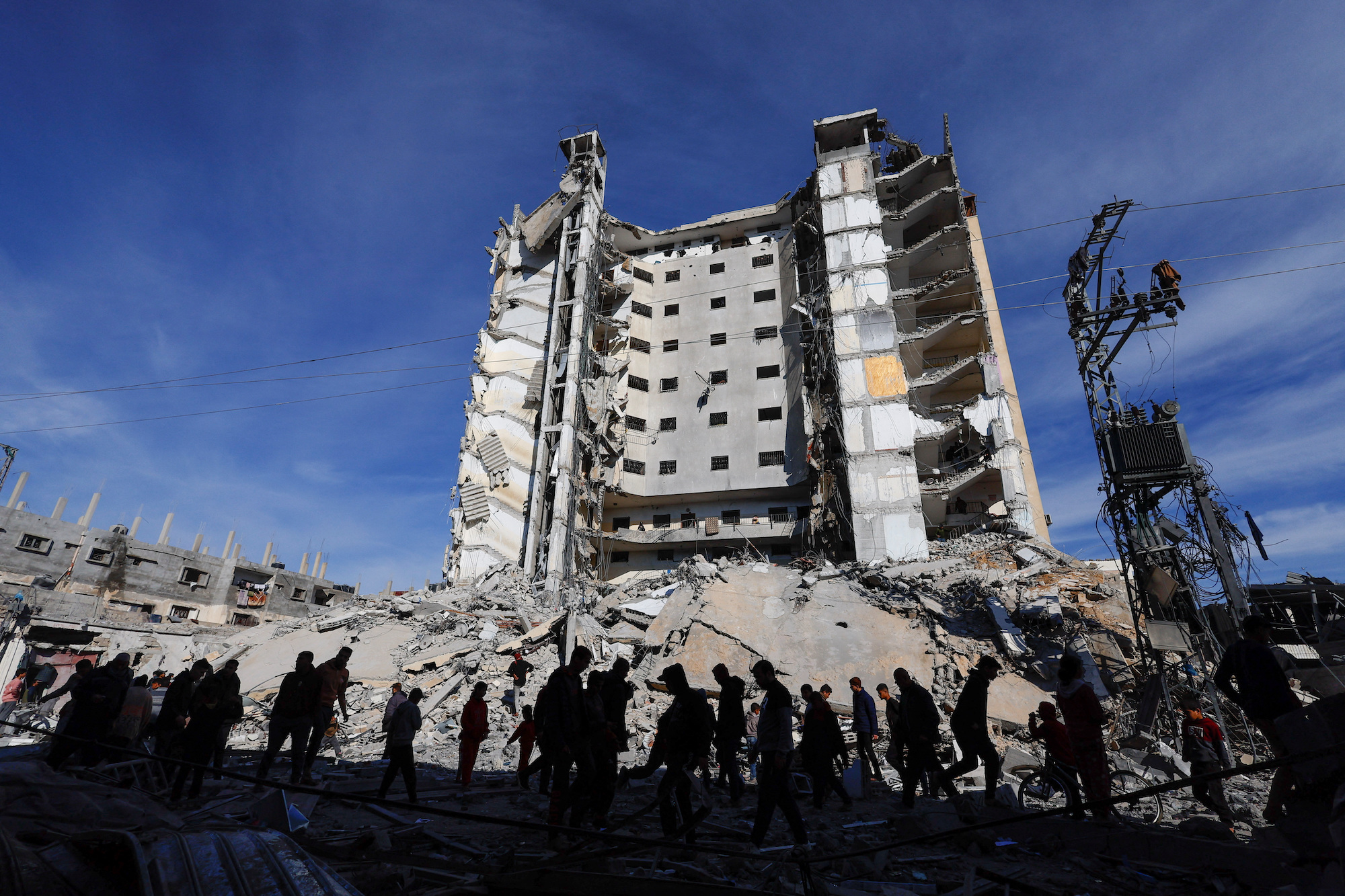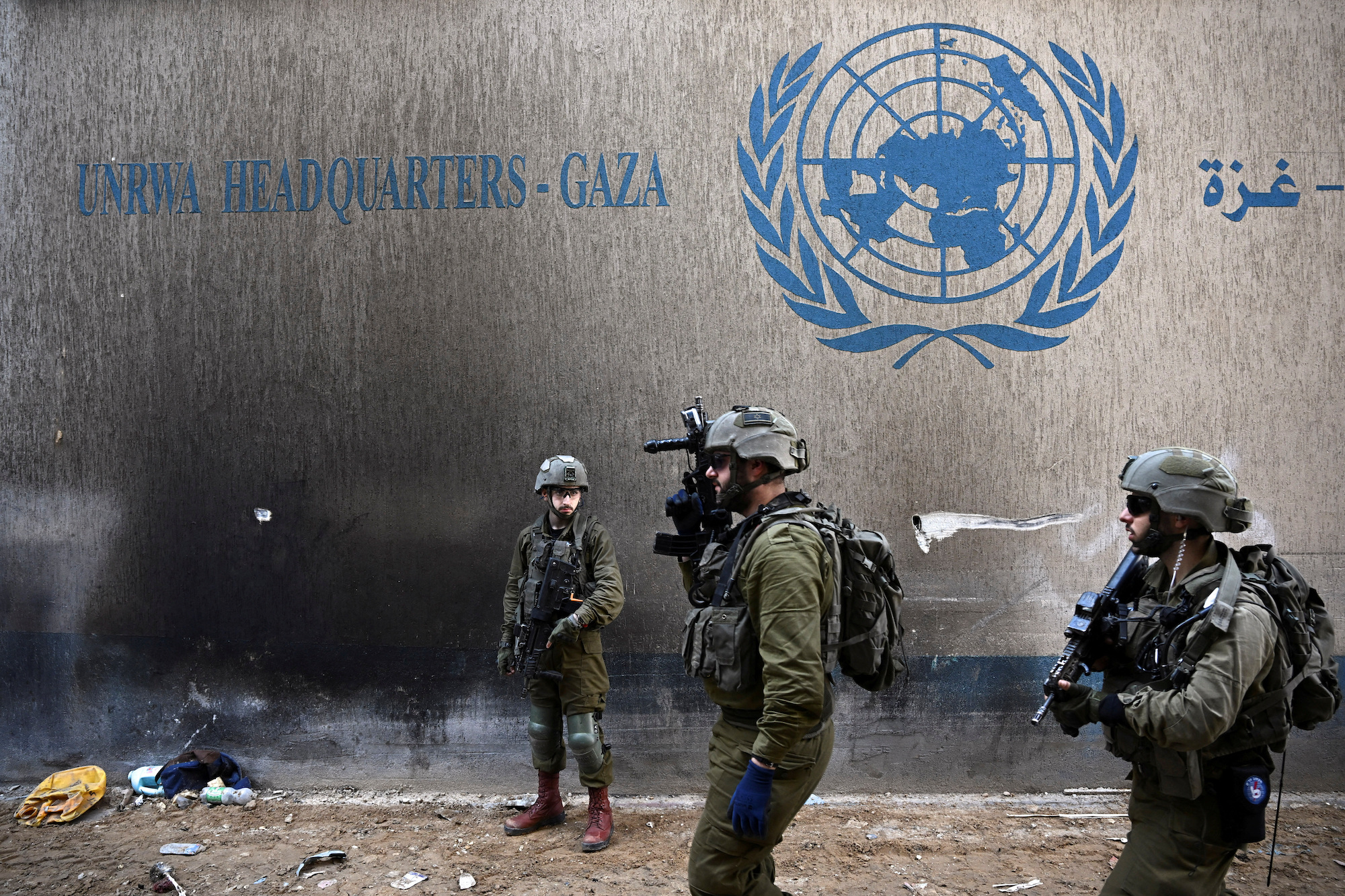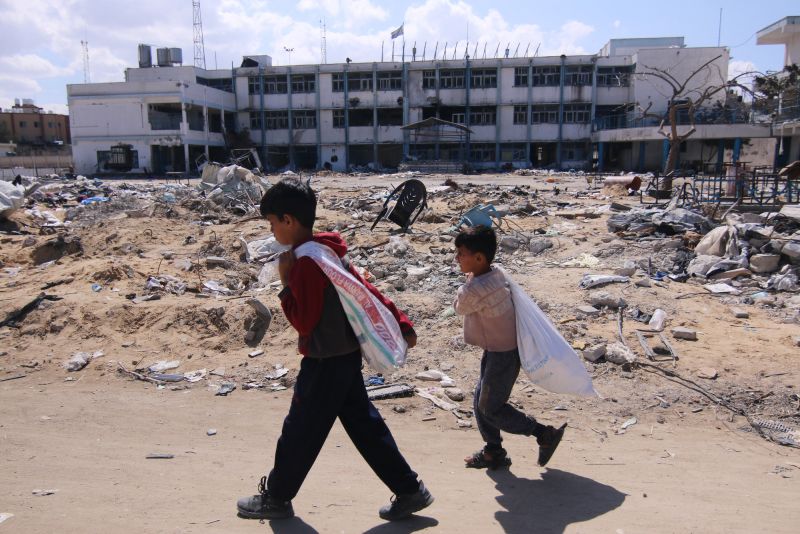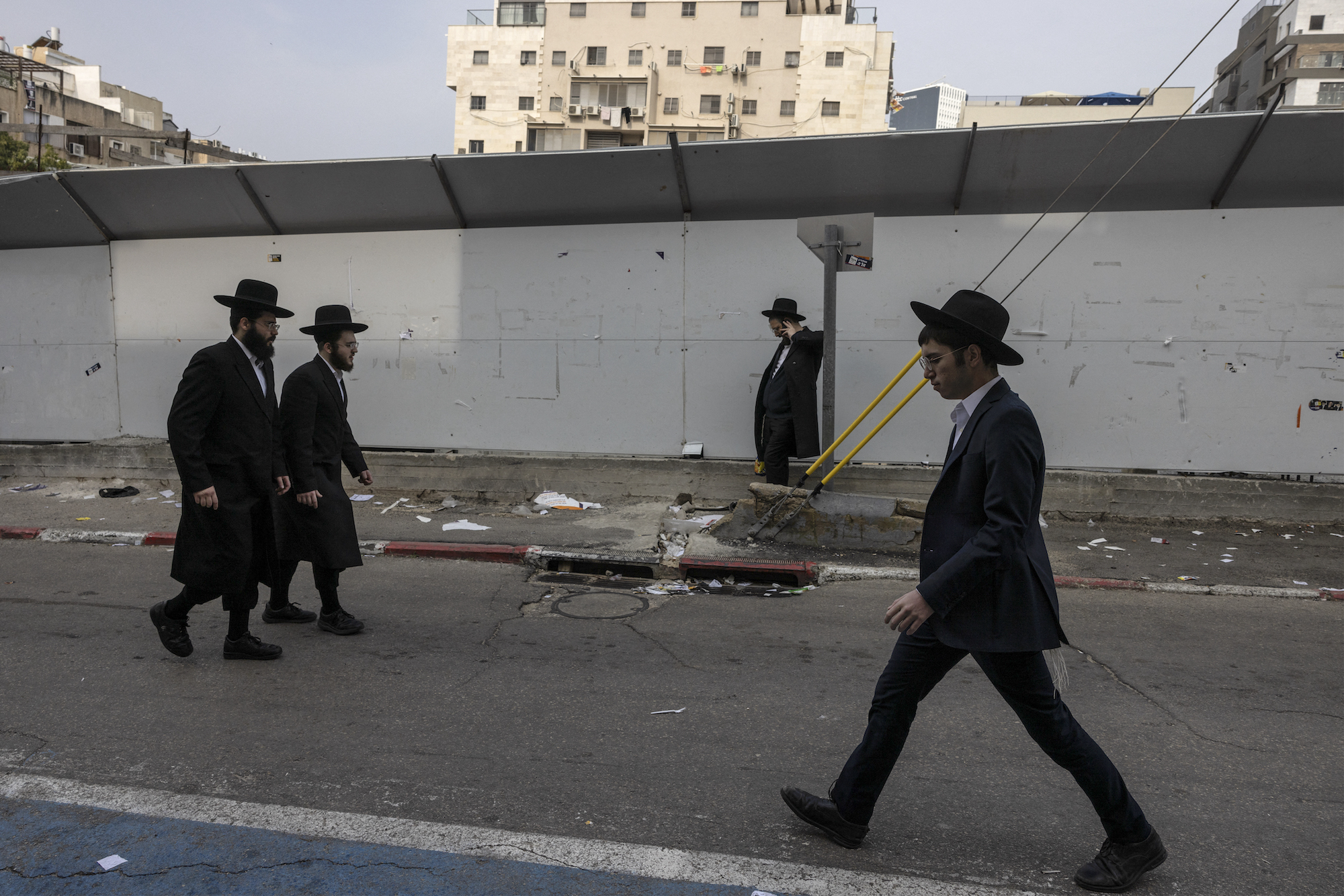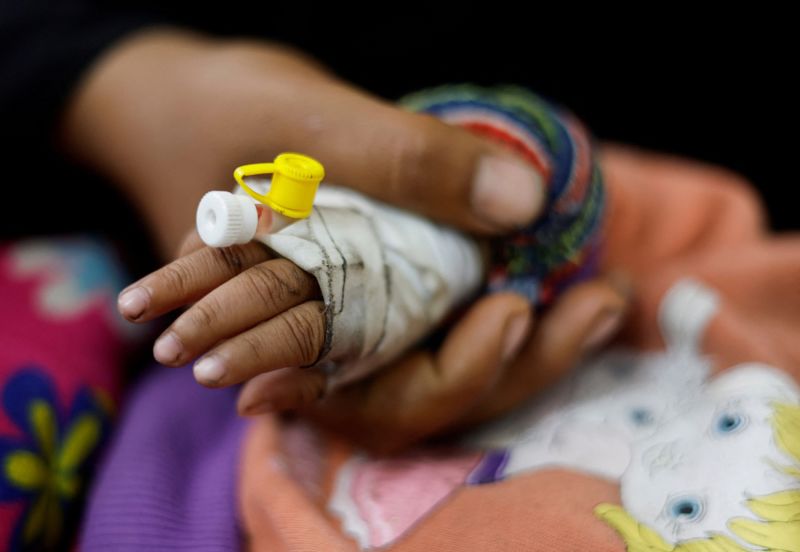The Swedish government announced Saturday that it has resumed funding to the primary humanitarian aid agency in Gaza, UNRWA, saying the organization gave assurances of “stricter controls” in response to allegations some of its staffers were involved in the October 7 Hamas attack.
Canada announced the same decision earlier Saturday, highlighting the "significant processes" the aid agency had set up to address the allegations from Israel.
The two were among a host of countries to suspend funding to UNRWA in January amid the claims.
The Swedish government said in a statement that it has since received “bilateral confirmation” from UNRWA that it will allow “independent auditing, strengthen internal supervision and enable additional staff controls” within the organization.
Almost $39 million (SEK 400 million) has been allocated to UNRWA for 2024, the Swedish government said. Half of that has been issued as an “initial disbursement” and more will follow as UNRWA “makes progress on the measures.”
The decision was also taken "in light of the acute humanitarian situation in Gaza," it said.
"In this acute situation, where needs among the civilian population are huge, the foremost priority is saving lives. UNRWA is the organisation that is best positioned to help vulnerable Palestinians," Gudrun Brunegård, aid policy spokesperson for Sweden's Christian Democrats party, said in the statement.
